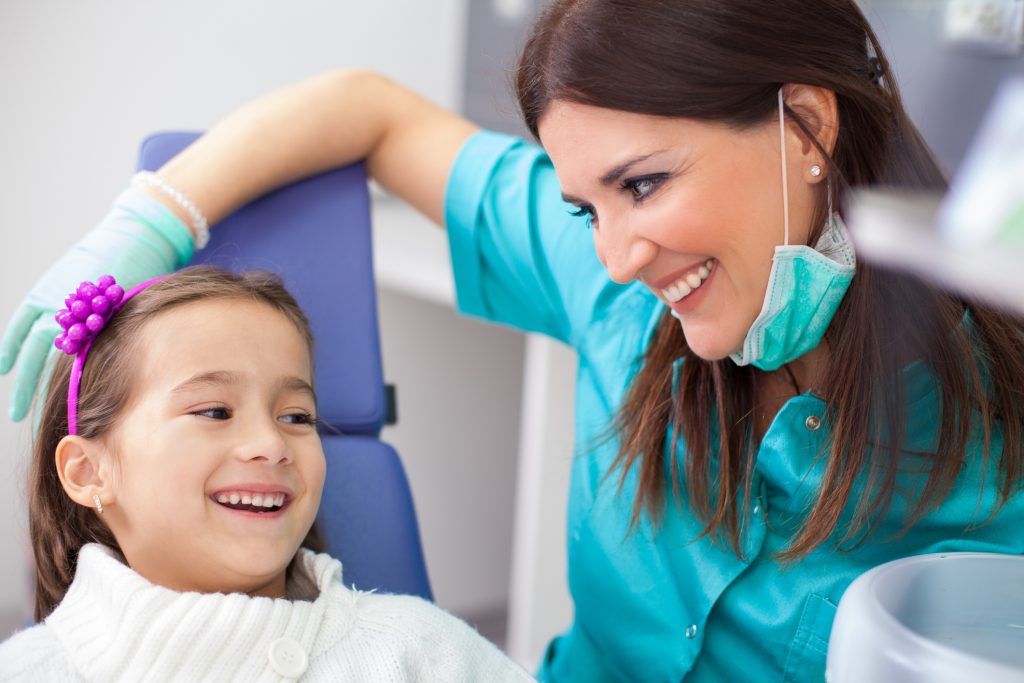IV sedation or conscious sedation for dental procedures make patients comfortable, relaxed, and calm. IV sedation alleviates all the anxiety associated with the dentist.
Patients and parents never really think their life, or the life of their child may be at risk when going to the dentist.
For instance, the Today Show addresses the new concerns about dental procedures and sedating children.
“Araceli Avila never dreamed that her daughter’s life might be at risk during a visit to the dentist. But on June 12, Daleyza Hernandez Avila, 3, died during a dental procedure. The dentist sedated Daleyza to keep the toddler from wriggling while she was getting crowns and having a tooth pulled. The little girl never woke up.”
While dental tragedies are rare, one is too many!
 If you or a loved one is considering IV sedation for your next dental appointment, make sure you have a separate professional anesthesia provider.
If you or a loved one is considering IV sedation for your next dental appointment, make sure you have a separate professional anesthesia provider.
Knowledge is Power, Make sure you ask some important questions before a serious dental procedure. The Today Show share some question
How much training have you had?
Get up and walk out if somebody says, “Oh, I took a weekend course and I just started doing this, but it’s going to be OK,” said Dr. Roger Byrne, an oral surgeon in Houston
Are you going to sedate my child?
If so, what medicines are you going to use? Be sure the doctor doesn’t understate the anesthesia being given. Answers like “it’s only a few pills” or “it’s just something that relaxes you” are red flags, said Dr. Louis K. Rafetto, past president of the American Association of Oral and Maxillofacial Surgeons.
When it comes to IV Sedation in both pediatric and adult dentistry, you want to take all the necessary safety precautions. At Blue Sky Anesthesia Associates our hearts go out to Zion’s family.
When choosing to have IV sedation for a dental procedure, it is important to have a Certified Registered Nurse Anesthetist present, to monitor the patients vitals and administer the sedation. This way the dentist is able to concentrate fully on the treatment, while the CRNA is focusing only on the patient safety, vigilance, and monitoring.


